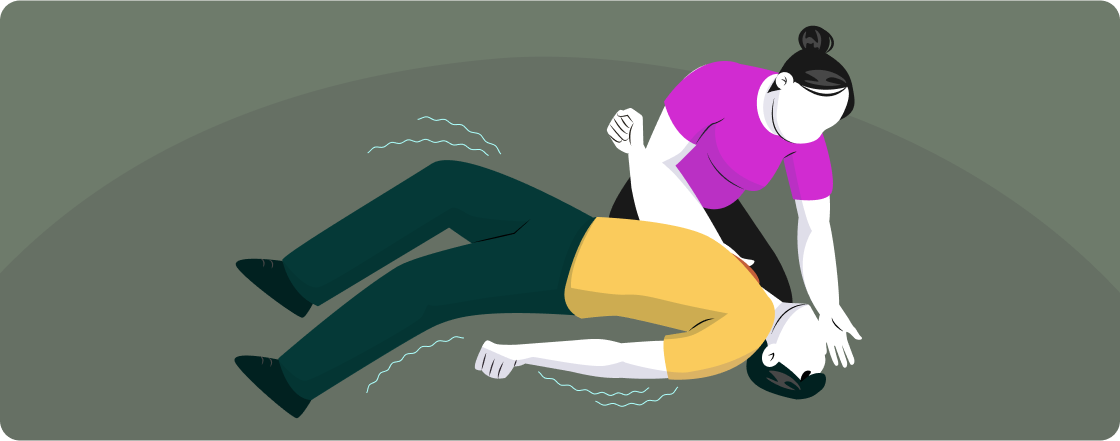
Starting Over Strong: Getting Sober at 40
For many, turning 40 can feel like a wake-up call. It’s an age where the consequences of long-term habits begin to settle in, where patterns that were once manageable may now feel overwhelming. If you’ve been struggling with alcohol or substance use, 40 might be the moment you realize: it’s time for a change. And while the idea of getting sober later in life can feel daunting, it’s also one of the most powerful moves you can make—for your health, your relationships, and your future.
Why 40’s Not Too Late—It’s the Perfect Time
By the time you reach your 40s, you’ve lived. You’ve had careers, families, wins, losses, heartbreak, and joy. You’re not starting over—you’re starting from experience. That lived wisdom can become your greatest asset in recovery. You’ve likely already tried “managing” your use, setting rules, or making promises to cut back. If those efforts haven’t worked, getting honest with yourself now can be life-changing.
Addiction specialists emphasize that change is possible at any age. According to the National Institute on Drug Abuse (NIDA), people in their 40s and 50s often respond particularly well to structured treatment because they’re more motivated by health, family, or long-term stability.


Creating a New Routine That Actually Fits Your Life Now
One of the biggest challenges in sobriety is building a life that doesn’t revolve around drinking or using. In your 40s, that might mean replacing old rituals—like a glass of wine after work or partying on the weekends—with new ones that actually support your well-being.
Morning walks, strength training, reading before bed, or reconnecting with hobbies you’ve put on hold can all become part of a routine that brings joy without sabotage. And let’s be honest: hangovers hit different at this age. Many people report better sleep, weight loss, improved focus, and more energy within weeks of quitting drinking.

Career and Purpose: Navigating Work While Getting Sober
Getting sober doesn’t mean pressing pause on your career. In fact, sobriety can sharpen your focus, restore your confidence, and allow you to step into leadership in new ways. That said, navigating the workplace while newly sober can be tricky—especially if your career previously involved networking events or client dinners where alcohol flowed freely.
This is where support groups, outpatient programs, or therapy can be vital. You don’t have to figure it all out alone. It’s okay to ask for help while you rewrite what professional success looks like in this new chapter of your life.

Living a Life You Don’t Want to Escape From
Many people drink or use substances to numb boredom, anxiety, loneliness, or pain. Recovery gives you the chance to build a life that feels worth staying present for. That might mean reworking relationships, finding a deeper sense of purpose, or simply learning how to sit with your emotions without needing to escape them.
You’ll begin to understand what real contentment feels like—not the temporary highs, but steady peace.


Celebrating Milestones: What Success Looks Like After 40
Success in sobriety isn’t about doing it perfectly—it’s about not giving up on yourself. Maybe your first milestone is 30 days without drinking. Maybe it’s rebuilding trust with your partner. Or maybe it’s simply waking up one morning, looking in the mirror, and liking who you see. These moments matter.
Recovery in your 40s isn’t a setback—it’s a reset. It’s an opportunity to align your life with your values, to prioritize your health, and to show yourself (and others) that you are worthy of real happiness.









